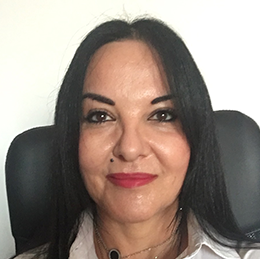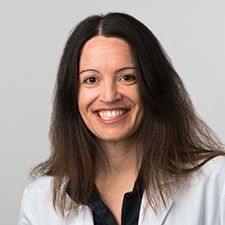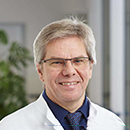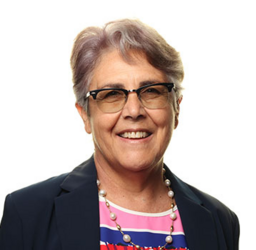About the programme
This two-part programme aims to train healthcare professionals at post-speciality or postgraduate level in respiratory sleep medicine. Part one of the programme is delivered online and covers the fundamentals of respiratory sleep medicine at a theoretical level. Part two involves practical application through a three-day course, followed by developing and peer-reviewing an online portfolio, and concluding in an online session to present cases and participate in discussions with ERS experts.
The programme should be completed within two years.
Learning outcomes
- Assess techniques for diagnosing sleep and respiratory disorders, including oxygenation and ventilation tools, and identify their strengths and limitations.
- Address sleep-related respiratory control, hypoxic and hypercapnic responses, and factors influencing obstructive and central sleep apnoea.
- Outline cardiovascular changes during sleep and the effects of sleep-disordered breathing on heart function and blood pressure.
- Summarise key data on sleep disorders and explain the importance of identifying clinical phenotypes, considering pathophysiological and sex differences.
- Highlight comprehensive patient assessment, the role of comorbidities, and the impact on diagnosis, treatment, and patient engagement.
- Discuss the use, efficacy, and limitations of therapies like CPAP and NIV, emphasising patient adherence, monitoring, and palliative care considerations.
- Define respiratory insufficiency types, explain related mechanisms, and summarise treatment and assessment approaches.
- Describe OSA’s impact on endocrine disorders and emphasise managing non-respiratory sleep disorders like insomnia.
- Describe key neuroanatomical structures, neurotransmitters, and physiological mechanisms of sleep, considering age and sex differences.
- Identify socioeconomic factors, the role of collaboration with health professionals, and the importance of patient-centred care.
Pre-requisites for all participants
- Part one:
- Previous knowledge and experience on sleep respiratory medicine is not required.
- Part two:
- Participants must successfully complete part one of the programme.
- Participants must have access to a sleep laboratory or patients with sleep disorders within their institution to complete part two portfolio.
Programme overview
All health professionals working in respiratory sleep medicine are eligible for the training programme.
Part one
Part one of the training programme is delivered online and provides participants with the opportunity to gain or update their knowledge in respiratory sleep medicine. It covers the fundamentals of respiratory sleep medicine at a theoretical level, including anatomy, pathophysiology, definitions, management and treatment, paediatric sleep, as well as non-respiratory sleep disorders.
Part one concludes with an assessment of multiple-choice questions, which participants must pass to advance to Part two.
More information on Part 1, including topics, will be shared in due course.
Part two
The second part of this training programme allows participants to apply theory into practice. Successful participants will be invited to attend a three-day course featuring case-based sessions and skills workshops. Following the course, participants will expand their competence in respiratory sleep by completing an online portfolio with cases or short assignments. This portfolio will be peer-review by another training programme candidate. Once the portfolios are completed and peer-reviewed, participants will present their cases and engage in roundtable discussions during an online session with ERS experts.
Participants who successfully complete the online portfolio and participate in the online session will receive a training programme certificate.
More information on Part 2, including the course programme, will be shared in due course.
Accreditation
An application will be submitted to the European Board for Accreditation in Pneumology (EBAP) for CME accreditation of the training programme.
Registration and fees
Part one: The next cohort for the Respiratory sleep training programme will be available in September 2025. Dates to be confirmed.
Part two: Participants having successfully completed Part 1 will be able to register for Part 2 via myERS.
Committee members

Sophia E. Schiza
ERS Assembly 4 Secretary, Head of sleep disorders unit, Professor of respiratory and sleep medicine University of Crete Medical School, Greece

Esther Irene Schwarz
Assembly 4
Sleep disordered breathing

Winfried Randerath
Chief physician and medical director Bethanien Hospital





